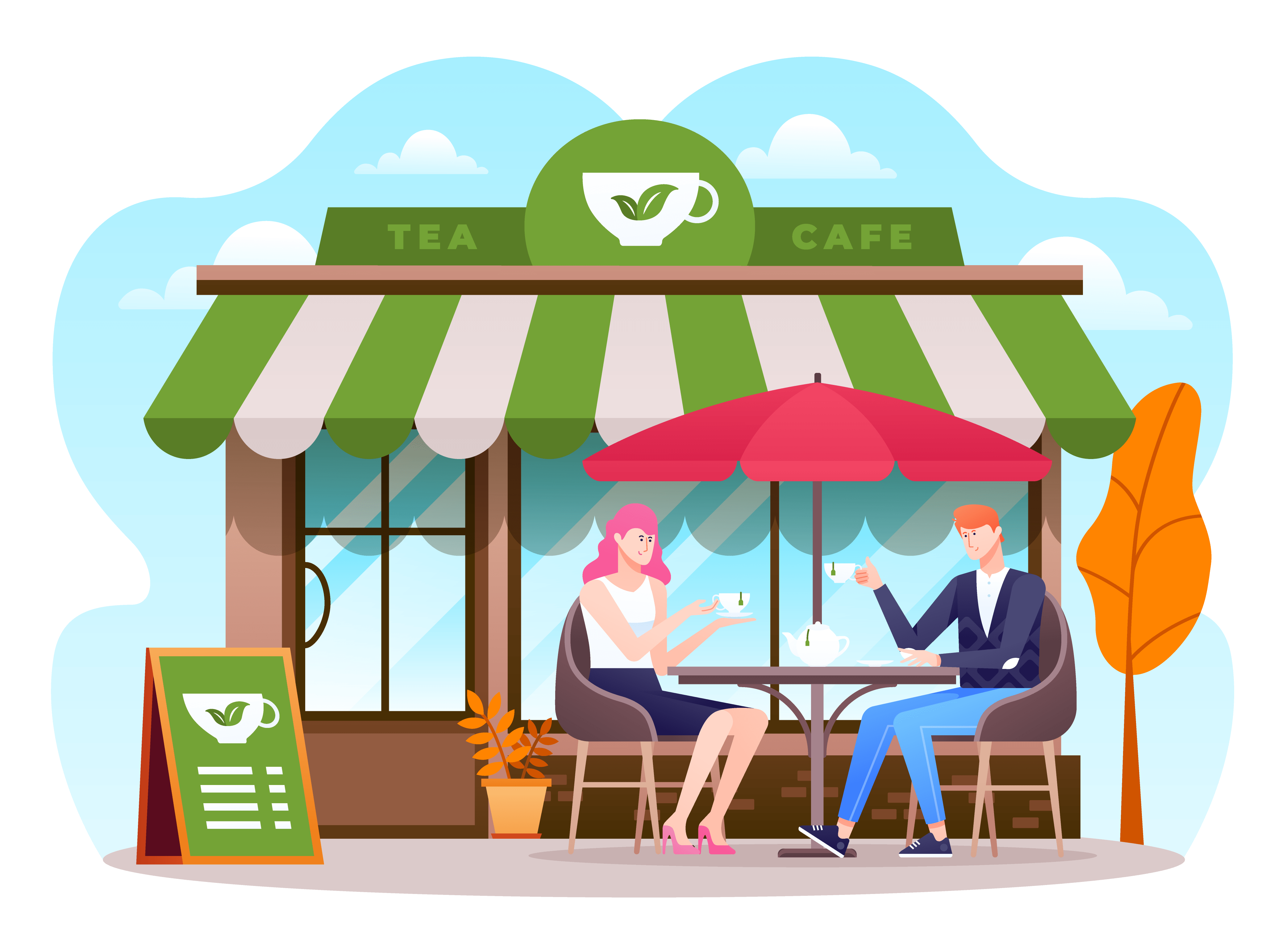
Why Hyrrokkin Doesn’t Recommend WooCommerce for Startup Ecommerce Companies
Launching a startup e-commerce company is an exciting endeavour, but making the right technology choices is crucial for long-term success. While WooCommerce has gained popularity as an e-commerce solution, it might not always be the best fit for startup e-commerce companies. In this article, we will discuss the main reasons why Hyrrokkin doesn’t recommend WooCommerce for such startups.
- Resource Intensiveness and Hosting Costs: WooCommerce can be resource-intensive, demanding powerful hosting solutions like VPS or dedicated servers, especially as your store grows. For startups with limited budgets, these hosting options can be costly and impact the bottom line. Resource-intensive operations can also slow down your website, affecting user experience and conversion rates.
Example: Imagine a startup, sells electronics online using WooCommerce. As the company gains popularity, the website experiences increased traffic during product launches or promotions. The sudden surge in visitors overwhelms the shared hosting plan, causing slow load times and potential crashes. To maintain a smooth shopping experience, the company has to upgrade to a VPS or dedicated server, incurring higher hosting costs that strain their budget. - High Plugin Dependencies: WooCommerce heavily relies on plugins for extended functionality. While plugins offer flexibility, they can also introduce complexities and compatibility issues. For startups, managing a multitude of plugins can be overwhelming and time-consuming, diverting focus from core business activities.
Example: Imagine a startup fashion retailer, decides to use WooCommerce for its online store. To enhance the shopping experience, they install multiple plugins for features like advanced product filtering, wishlist functionality, and social media integration. Over time, some plugins receive updates that conflict with each other, causing the website’s navigation to break and frustrating potential customers. The startup’s team spends valuable time troubleshooting and trying to find compatible plugin versions. - Custom Solution Challenges: Startups often require custom solutions tailored to their unique business models. However, implementing custom features or modifications in WooCommerce can be challenging. The intricate structure of WooCommerce and its plugins can make customization complex, potentially leading to development delays and increased costs.
Example: Consider a health and fitness startup, wants to implement a subscription-based meal plan feature within WooCommerce. However, integrating this custom solution requires modifying WooCommerce’s codebase extensively. The startup’s development team faces challenges in aligning their custom solution with WooCommerce’s existing structure, leading to delays in launching the new service. - Plugin Conflict Problems: As the number of plugins increases, so does the likelihood of conflicts. Incompatible plugins can lead to erratic behaviour, crashes, and even website downtime. Diagnosing and resolving these conflicts can be a frustrating process for startups without extensive technical resources.
Example: Imagine a startup pet supplies store, that aims to provide an interactive user experience by using WooCommerce along with various plugins for product recommendations and live chat support. After installing a plugin for personalized product suggestions, the website experiences intermittent crashes and erratic behaviour. Their development team must troubleshoot the issue, discovering that the new plugin conflicts with an existing one, negatively impacting customer satisfaction. - Support for Core WordPress Updates: WooCommerce is tightly integrated with WordPress, which means that core WordPress updates can impact your e-commerce store. Ensuring compatibility with each WordPress update can be cumbersome and might require additional development work, diverting resources away from business growth.
Example: Think there is a startup organic grocery store, that runs its online shop using WooCommerce. When WordPress releases a major update to enhance security and performance, they find that some WooCommerce elements are not compatible with the new version. The startup’s developers need to allocate time to test and update WooCommerce, diverting resources from business growth initiatives. - Security Concerns: E-commerce stores handle sensitive customer data, making security a top priority. WooCommerce’s popularity makes it a target for hackers. Startups might lack the expertise to implement robust security measures, putting their customers’ data at risk.
Example: Consider a startup cosmetics brand, that uses WooCommerce to sell its products online. Unfortunately, the startup lacks the resources to implement robust security measures as they rely on freelancers or companies that are not working security cautious. A hacker gains unauthorized access to their website and steals customer payment information. The company faces financial losses and reputational damage due to the security breach, eroding customer trust. - Transitioning to a Mobile App: As your startup grows, you might consider expanding your reach through a mobile app. Adapting a WooCommerce-based website into a mobile app can be complex and may require significant development efforts to ensure a seamless user experience.
Example: Imagine a startup selling handmade crafts, that achieves success with its WooCommerce-powered online store. As they consider expanding to mobile users, the brand faces challenges in transforming its website into a mobile app. The transition requires significant development effort to ensure a seamless and user-friendly app experience, delaying their mobile market entry.
While WooCommerce has its merits and has powered numerous successful online stores, startup e-commerce companies should carefully consider its potential drawbacks. Resource intensiveness, plugin dependencies, customization challenges, plugin conflicts, core WordPress updates, security concerns, and mobile app transition difficulties can hinder startups from achieving their growth objectives. At Hyrrokkin, we believe that exploring alternative e-commerce solutions better suited for startups can provide a smoother path to success in the competitive world of online business. Ho ence we created a robust e-commerce solution that is scalable with multiple features like marketplace transformation, affiliate marketing, pos integration, loyalty program and more. Contact us to get your highly scalable e-commerce solution from Hyrrokkin.






